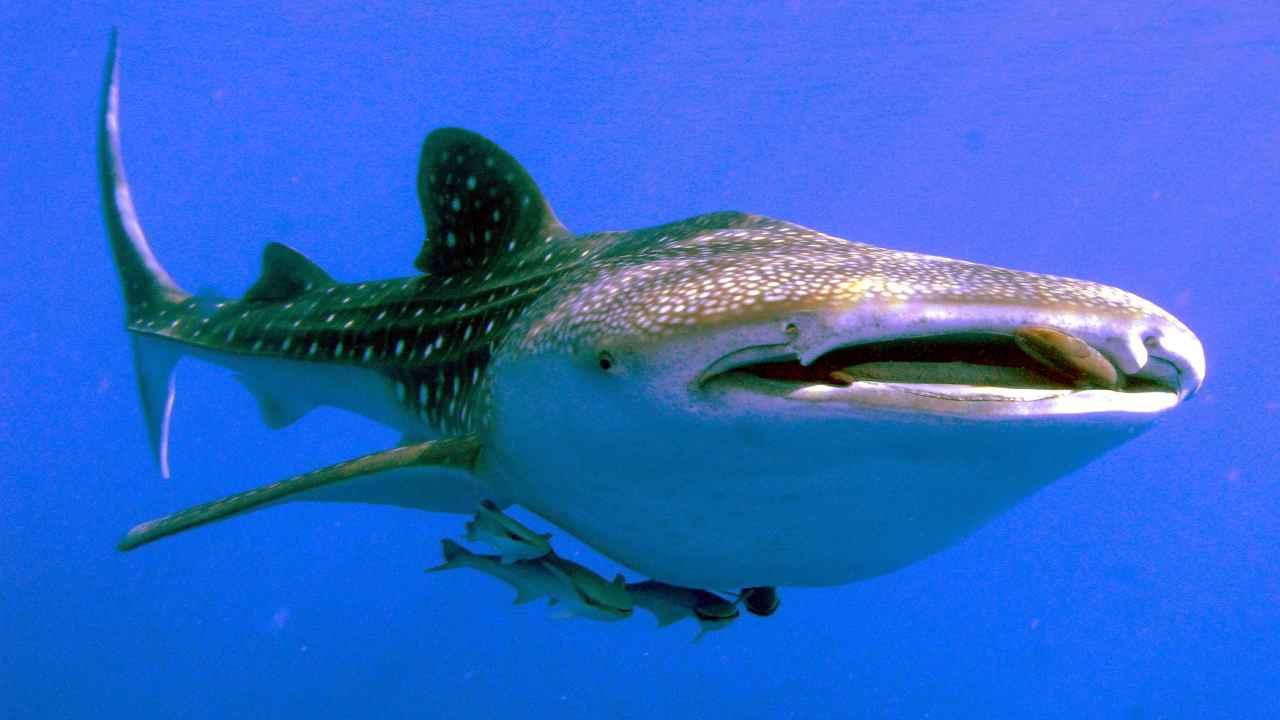The Wildlife Trust of India (WTI), a nature conservation organization, will launch a “‘save the Whale Shark campaign” in Karnataka, Kerala and Lakshadweep on August 30, International Whale Shark Day.
The whale shark (Rhincodon typus) is the largest fish in the world and a major species of the marine ecosystem. Its length can be about 18 meters and weight up to 21 tons.
Although widely spread in tropical and warm temperate seas, little information is available on the population trends of this species, especially off the coast of India. It enjoys the highest level of protection as a Schedule I Species in the Wildlife (Protection) Act, 1972.
Minister for Ports, Fisheries and Inland Water Transport S. Angara will inaugurate the year-long campaign at Milagres Hall in Mangaluru on August 30.
The campaign will take place along the coasts of Karnataka, Kerala and Lakshadweep islands in collaboration with the Forestry and Fisheries Department of Karnataka, Kerala and the Lakshadweep Administration.
The campaign aims to connect with marine fishermen, rural communities and students to raise awareness about whale shark conservation.
Additionally, the campaign aims to reduce accidental entanglement in fishing nets by releasing whale sharks. A mobile app has been developed to record whale shark sightings and rescues for future conservation activities.
A similar WTI project launched in Gujarat in the last 20 years has resulted in the release of more than 900 whale sharks into the Arabian Sea by fishermen. All the fishermen who have rescued the big fish have been made Whale Shark Conservation Champions.
In the past, fishermen along the west coast of India hunted whale sharks for commercial purposes. Today, accidental entanglement in fishing nets, boat collisions and coastal pollution are the main threats to whale sharks.
The International Union for Conservation of Nature (IUCN) reports that the whale shark population is declining and its global status is described as “endangered”. According to the IUCN, the only way to prevent accidental mortality is to ensure the early release of whale sharks caught in fishing nets. For this, the primary target group, which is the fishermen need to be sensitised.





























